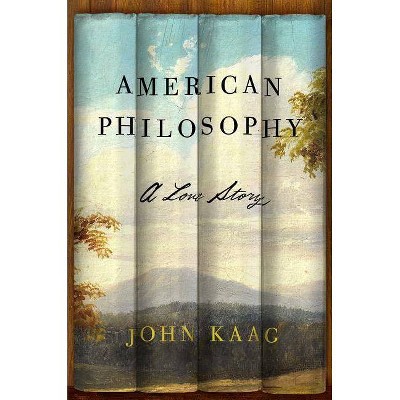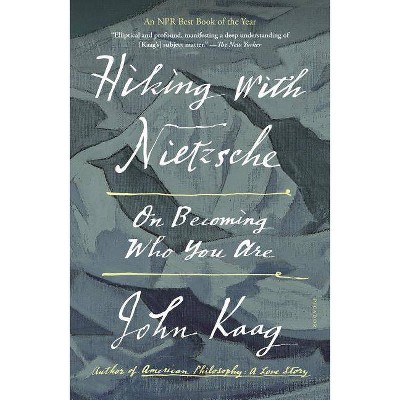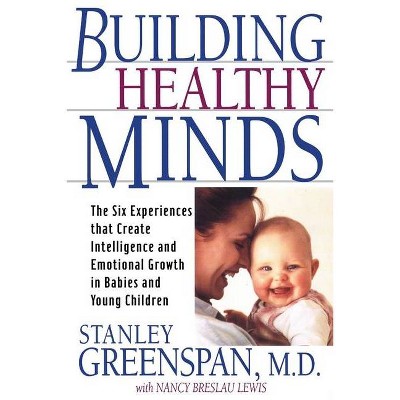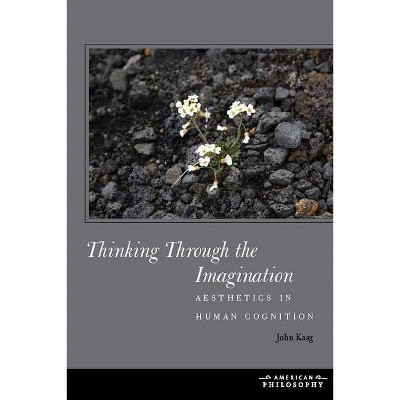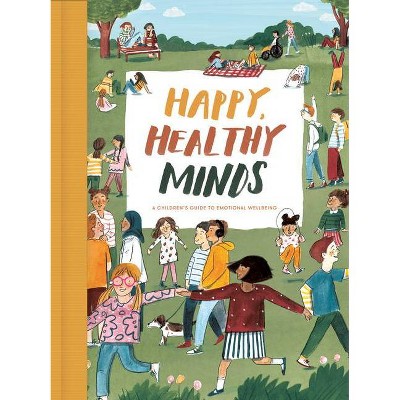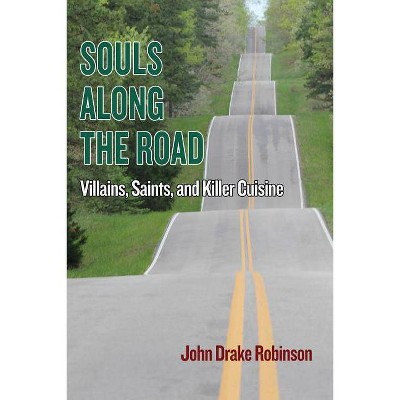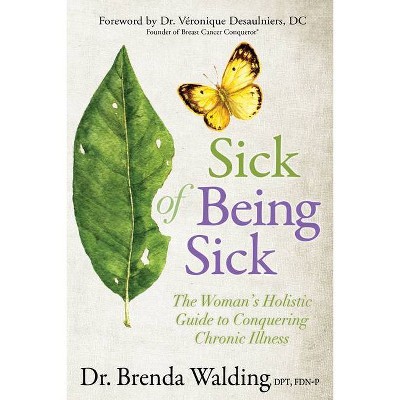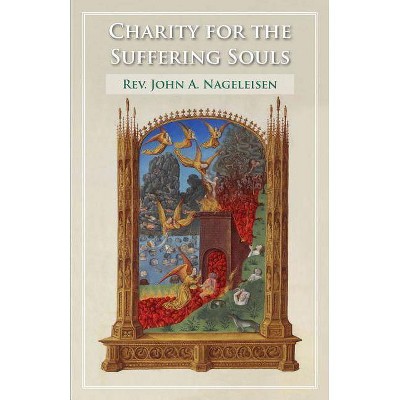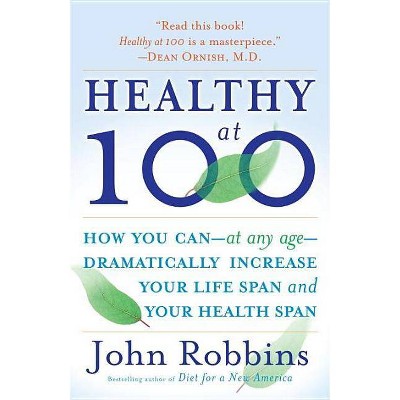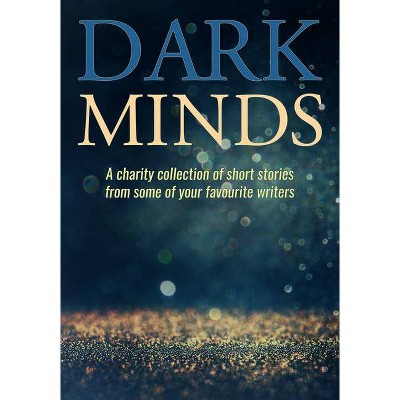Sick Souls, Healthy Minds - by John Kaag (Paperback)
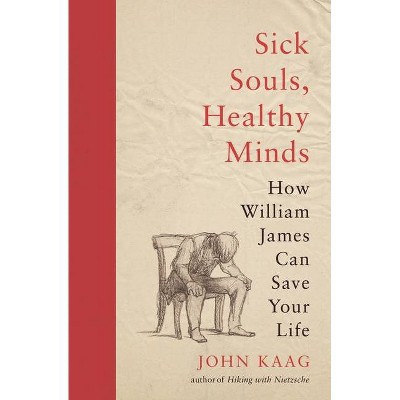
Similar Products
Products of same category from the store
AllProduct info
<p/><br></br><p><b> About the Book </b></p></br></br>"In his diaries, the American philosopher and psychologist William James, for whom the personal and the philosophical were never far apart, recounted how in his late twenties he was confronted with existential despair regarding the issue of free will: do humans have the capacity to act freely and meaningfully? James famously decided that his "first act of free will is to believe in free will," and declared that, "if you can change your mind, you can change your life." This belief in the efficacy of ideas on our practical beliefs and actions would lead to James becoming one of the founders of the first truly distinctively American philosophy, Pragmatism. In this book philosopher John Kaag offers an account of the life, thought, and relevance of James's philosophy for today. He argues that his brand of pragmatism was first and foremost a philosophy geared towards saving a life; namely, James's own, but with important resources and lessons for saving ours as well. James believed that philosophy was meant to articulate, and help answer, a single existential question, one which lent itself to the title of one of his most famous essays: "Is life worth living?" Through examination of an array of existentially loaded topics covered in his works-truth, God, evil, suffering, death, and the meaning of life-James concluded that it is up to us to make life worth living. He said that our beliefs, the truths that guide our lives, matter-their value and veracity turn on the way they play out practically for ourselves and our communities. For James, philosophy was about making life meaningful, and for some of us, liveable. This is the core of his "pragmatic maxim," that truth should be judged on the bases of its practical consequences. Kaag shows how James put this maxim into use in his philosophy and his life and how we can do so in our own. In his perhaps most famous and enduring work, The Varieties of Religious Experience, James devoted two chapters to exploring what he saw as two distinct types of personality, "the sick-souled" and "the healthy-minded." James himself, as Kaag shows, tended more toward the sick-souled side of the spectrum. But both types fascinated James and he thought both provided important sources for understanding not just religious experience, but for how we can think about our own orientation to the world and perhaps reorient ourselves in the process"--<p/><br></br><p><b> Book Synopsis </b></p></br></br><p><b>From the author of <i>American Philosophy: A Love Story</i>, a compelling introduction to the life-affirming philosophy of William James</b> <p/>In 1895, William James, the father of American philosophy, delivered a lecture entitled "Is Life Worth Living?" It was no theoretical question for James, who had contemplated suicide during an existential crisis as a young man a quarter century earlier. Indeed, as John Kaag writes, "James's entire philosophy, from beginning to end, was geared to save a life, <i>his</i> life"--and that's why it just might be able to save yours, too. <i>Sick Souls, Healthy Minds</i> is an absorbing introduction to James's life and thought that shows why the founder of pragmatism and empirical psychology can still speak so directly and profoundly to anyone struggling to make a life worth living.</p><p/><br></br><p><b> Review Quotes </b></p></br></br><br>Finalist for the PROSE Award in Philosophy, Association of American Publishers<br><br>One of Next Big Idea Club's Most Anticipated Nonfiction Books of Spring<br><p/><br></br><p><b> About the Author </b></p></br></br><b>John Kaag, </b>the author of <i>American Philosophy: A Love Story</i> and <i>Hiking with Nietzsche</i>, is professor of philosophy at the University of Massachusetts, Lowell. Twitter @JohnKaag
Price History
Cheapest price in the interval: 14.29 on October 22, 2021
Most expensive price in the interval: 14.29 on December 20, 2021
Price Archive shows prices from various stores, lets you see history and find the cheapest. There is no actual sale on the website. For all support, inquiry and suggestion messagescommunication@pricearchive.us
